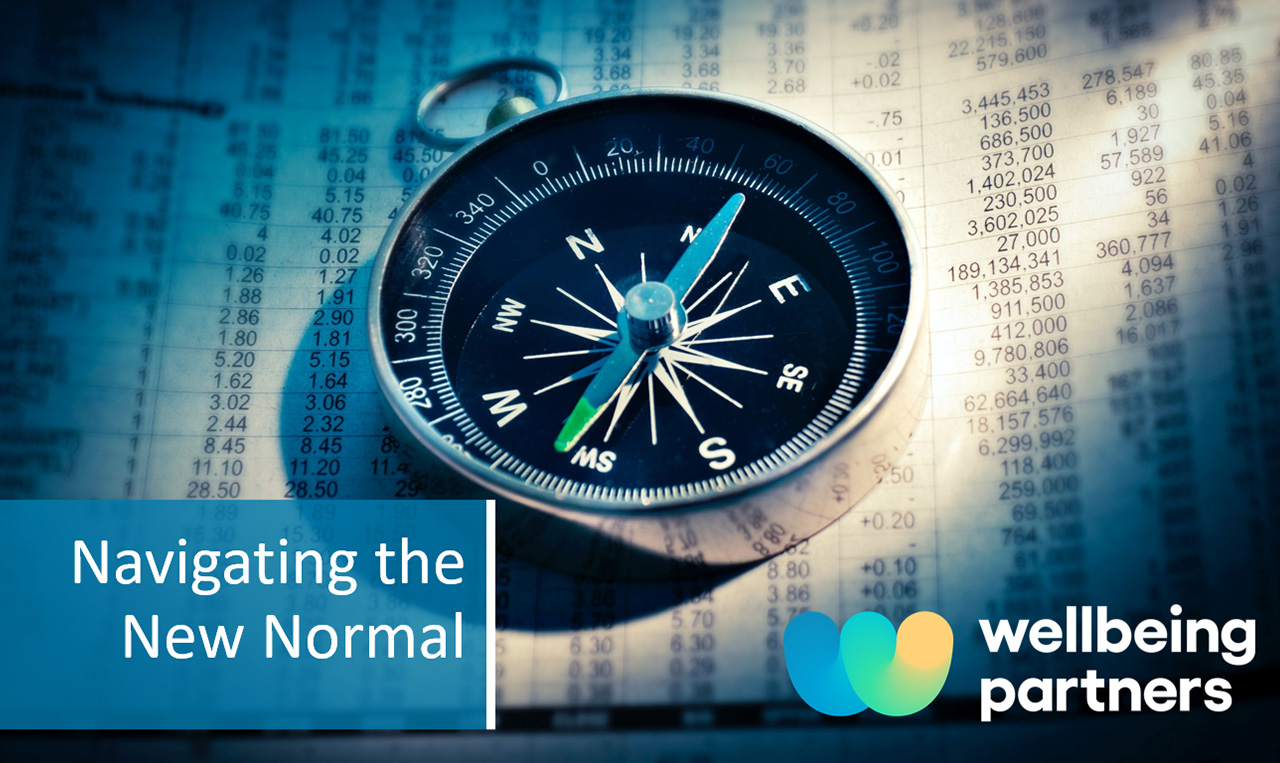February 2016 – According to a new report on mental health of employees from Business in the Community, only a third of employees would admit to stress, anxiety or depression as the genuine reason for taking time off work, despite mental health issues being the leading cause of absenteeism and presenteeism in the workplace.
70 million days of work are lost each year across the UK due to workers suffering from stress, depression and other mental health issues. Silence on the issue from employees is both crippling for the individuals and increasingly costly for employers. The Centre for Mental Health calculates that absenteeism alone costs the UK economy £8.4 billion per annum.
Is it time for your company to consider a stress & anxiety management programme to reduce the burden of work-related stress issues in your workplace?
Even in companies where there is no clear indication of workplace stress or anxiety issues, we often come across employees who are suffering in silence from stress-related illness, using unhealthy coping strategies such as alcohol abuse, substance abuse, self harm and eating disorders. These lead to absenteeism and the resulting loss of productivity. With presenteeism also on the rise, employees are coming to work disengaged, tired, unmotivated and too stressed to work.
Wellbeing Partners Ltd provides an affordable range of stress and anxiety management services which offer both preventative and remedial care for your employees. From our very popular 45 minute workshops – Reducing Your Stress & Anxiety Workshop, the Introduction to Mindfulness Workshop – plus weekly 20-minute Mindfulness Sessions in your office, on-site Counselling & Psychotherapy for Individuals, Stress & Anxiety Management Sessions for Individuals, and Individual Mindfulness Tuition for Individuals. We also provide a full programme of Healthy Eating Workshops, Reducing Sugar From Your Diet Workshops, Fitness Instructors, Pilates, Yoga & Massage Services – all in your workplace.
A Confidential Company Stress Audit by an independent and highly qualified provider such as Wellbeing Partners can help you to understand the hidden emotional burden of stress, anxiety and mental health issues on your employees and the commensurate financial and productivity burden on your organisation.
Please email [email protected] or call Nick Winfield on 07773 767248 for more information and prices on our preventative and remedial stress & anxiety management services, mindfulness services, nutrition services and physical wellbeing services.




